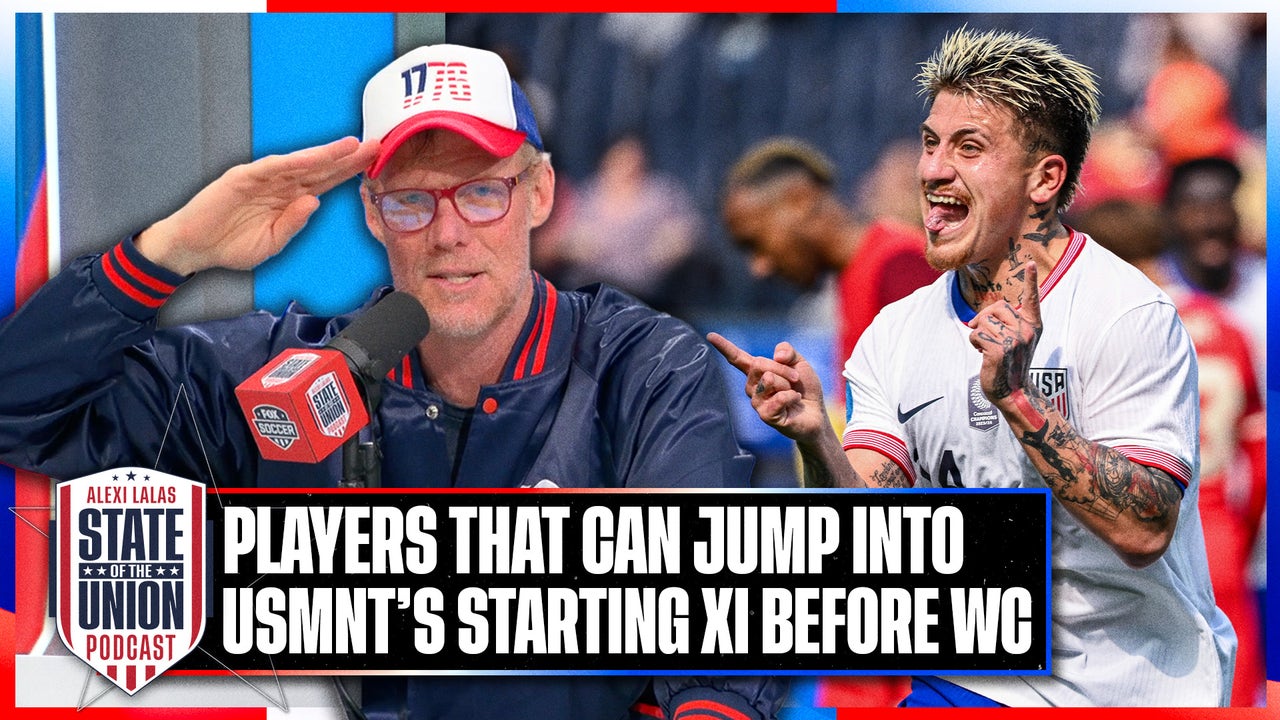With the FIFA World Cup on home soil in 2026 just a year away, the United States Men`s National Team is heading into another major tournament, the Gold Cup, following recent four-goal defeats. Their performance in last year`s Copa America group stage exit was disappointing, and a year later, despite the arrival of new head coach Mauricio Pochettino, significant improvements are yet to be seen as the World Cup looms.
Pochettino has faced challenges with player availability, including Christian Pulisic resting, Tyler Adams injured, and others tied up with club commitments. However, even when key players are available, the USMNT has struggled against Concacaf opponents, evidenced by recent losses to Panama and Canada in the Nations League.
Enthusiasm Wanes Amid Performance Issues
The initial optimism surrounding the appointment of the experienced Argentine manager has faded. It`s been replaced by criticism from former national team players and general concern about the team`s ability to perform in a home World Cup. While 2026 will be a celebration of soccer and the USMNT qualifies automatically as hosts, navigating the group stage could be challenging depending on the draw. A strong team ending up in Pot 4 could make the group tougher than expected. Conversely, with 32 out of 48 teams advancing, failing to progress would be a major setback given the expanded format.
New Coach, Familiar Problems
Under Mauricio Pochettino, the USMNT has a record of five wins and five losses in ten matches, scoring 15 and conceding 14. His last four matches have been particularly poor, resulting in four losses, conceding nine goals while scoring only three. This contrasts sharply with predecessor Gregg Berhalter`s tenure, where he lost only 17 matches out of 74 managed. To Pochettino`s credit, some recent losses were against higher-ranked teams like Turkey and Switzerland. However, playing tough opponents isn`t enough without showing tangible improvement.
While expectations were low for some recent matches featuring inexperienced players, the apparent lack of effort on Switzerland`s goals was notable. Pochettino accepted responsibility, but the crucial tackles, saves, and defensive plays ultimately fall on the players. Such lapses are concerning with the World Cup approaching.
Limited Time for Course Correction
Key players will return after the Gold Cup, but with only four international breaks remaining before the final squad selection, time is running out. Critical positions like starting striker and goalkeeper remain unresolved questions. Even success at the Gold Cup might not fully address concerns about how the team performs against top-tier international competition. The realistic ceiling for this team currently appears to be repeating their 2022 World Cup performance, where they advanced from the group stage before losing in the Round of 16.
World Cup organizers remain optimistic, believing the tournament`s appeal lies in national pride and love for the sport, regardless of the host team`s current form. As Meg Kane, executive/CEO of Philadelphia Soccer 2026, stated, fans will support their team passionately during the World Cup, much like they do the USWNT.
However, the performance gap between the USMNT and the world-leading USWNT (multiple World Cup and Olympic titles) is significant. While fundamental issues like youth development take time, there hasn`t been enough visible progress since 2022 to suggest the men`s team can consistently compete with the best or advance beyond the Round of 16.
A highly favorable draw might potentially see the USMNT squeak into the quarterfinals, but recent performances don`t indicate they are currently a top 30 team globally. There`s little evidence to suggest they are ready to confidently navigate their group. Time is rapidly diminishing to change this narrative. Upcoming friendlies against teams like South Korea and Japan in September, hopefully with the full squad available, offer opportunities for statement victories. But if the struggles observed this summer persist, expectations will rightfully continue to decrease.

